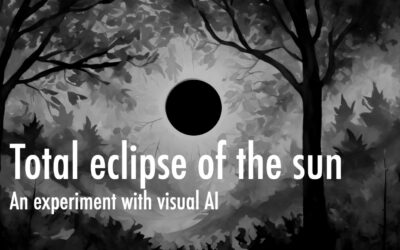A new study (with brain scanning no less) indicates that the more expensive the wine the better it tastes. As the MindHacks article (Higher price makes cheap wine taste better) reports, participants rated the more expensive wine as being more likeable even it was indentical to the, so called, cheaper wine. Here is the most important quote:
Interestingly, there was no difference in the brain areas directly related to experiencing taste, and the researchers suggest that the belief that the wine is more expensive probably doesn’t directly change our sensory experience, but leads us to think that the experience is more ‘valuable’.
So the price does not make a difference to how we process taste but it does change how we perceive it! Amazing.
Here is a link to the original research article [pdf] and another blog posting, this time from ScienceBlogs titled the Subjectivity of Wine.



0 Comments